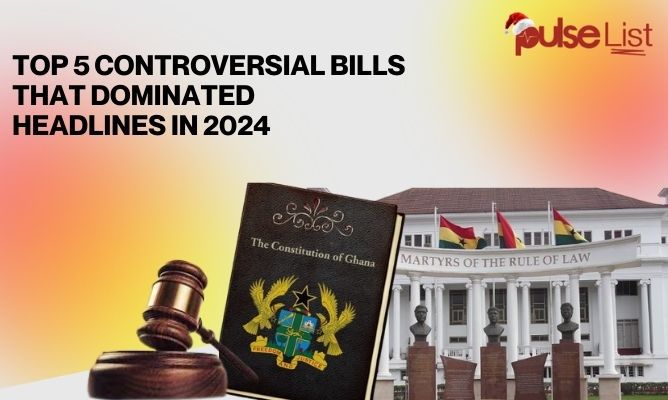
The year 2024 witnessed intense parliamentary debates and public outrage over several proposed bills and government policies in Ghana. These proposals, ranging from economic reforms to social policies and international agreements, sparked criticism and opposition from lawmakers, civil society groups, and the general public. While some were outrightly rejected, others faced legal challenges and amendments before implementation. Here’s a look at the top five controversial bills and agreements that shaped Ghana’s political landscape in 2024.
1. Human Sexual Rights and Family Values Bill (Anti-Gay Bill)
The controversial anti-LGBTQ bill was unanimously passed by Parliament on 28 February 2024 and has since been embroiled in legal battles.
The bill seeks to criminalise activities associated with lesbian, gay, bisexual, transgender, queer, and intersex (LGBTQI) advocacy. Under its provisions, individuals caught engaging in LGBTQ activities face jail terms ranging from six months to three years, while promoters and sponsors of such activities risk imprisonment of three to five years.
However, President Nana Akufo-Addo has refused to assent to the bill following two injunction applications challenging its constitutionality. These lawsuits were filed by broadcast journalist Richard Dela Sky and gender activist Dr Amanda Odoi.
Tensions escalated after a letter from the Office of the President, dated 18 March 2024, requested Parliament to halt transmitting the bill to the President. This sparked heated exchanges between the Executive and the Legislature in the year.
Nevertheless, a seven-member panel of the Supreme Court, led by Justice Lovelace Avril Johnson, dismissed both injunction applications, clarifying that the bill had not yet become law.
2. Emissions Levy Act, 2023 (Act 1112)
The Emissions Levy Act, 2023 (Act 1112), received parliamentary approval and presidential assent on 29 December 2023. Its implementation began on 1 February 2024 under the Ghana Revenue Authority (GRA), sparking backlash from business groups and drivers’ unions.
The Act imposes levies based on carbon dioxide equivalent (CO2e) emissions from key industries, including construction, manufacturing, mining, and energy. Charges range from 75 Ghanaian cedis ($6; £4) for motorcycles and tricycles to 300 cedis ($24) for vehicles with engine capacities of 3,000cc or more.
The incoming National Democratic Congress (NDC) government has promised to scrap the levy, along with other so-called ‘nuisance’ taxes, as part of its economic reform agenda.
3. Environmental Protection (Mining in Forest Reserves) Regulations, 2022 (L.I. 2462)
Despite being passed in November 2022, the Environmental Protection (Mining in Forest Reserves) Regulations, 2022 (L.I. 2462), remained one of the most debated policies in 2024.
Unlike earlier regulations that limited mining in forest reserves to a maximum of 2% of production areas, the new law removed this restriction. This opened the door for mining permits covering larger portions of forest reserves, raising environmental concerns.
In October 2024, public protests against illegal mining gained momentum, with religious groups, professional associations, and organised labour threatening a nationwide strike on 10 October. The industrial action was suspended after the government agreed to repeal the law.
However, months later, the pledge to repeal the regulation is yet to be honoured, sustaining public criticism and distrust.
4. Ghana Energy Regulatory Authority Bill
The Ghana Energy Regulatory Authority Bill proposed merging the Electricity Company of Ghana (ECG) with the Northern Electricity Distribution Company (NEDCo) and establishing an independent Thermal Power Authority from the Volta River Authority (VRA)’s thermal plants.
The bill also introduced legislative proposals, including the Ghana Thermal Authority Bill, 2024, Ghana Hydro Authority Bill, 2024, and Ghana Power Distribution Authority Bill, 2024.
However, widespread protests from staff at VRA and NEDCo forced the Ministry of Energy to suspend the bill on 24 October 2024.
5. Criminal Offences (Amendment) Bill, 2022 (Anti-Witchcraft Bill)
Passed in June 2023, the Criminal Offences (Amendment) Bill, 2022 (Anti-Witchcraft Bill), remained a subject of controversy in 2024 due to the President’s refusal to sign it into law.
The bill aims to:
Prohibit individuals from acting as witch doctors or witch finders.
Outlaw accusations, declarations, or labelling of others as witches.
In a letter dated 4 December 2023, President Akufo-Addo informed Parliament that he could not assent to the bill until constitutional concerns were resolved.
Throughout 2024, human rights organisations, notably the Commission on Human Rights and Administrative Justice (CHRAJ), pressured the President to address his reservations and approve the bill. However, the issue remains unresolved.
Conclusion
The year 2024 highlighted deep political divisions in Ghana, with these bills and policies sparking debates on governance, human rights, and economic sustainability.
Read Full Story


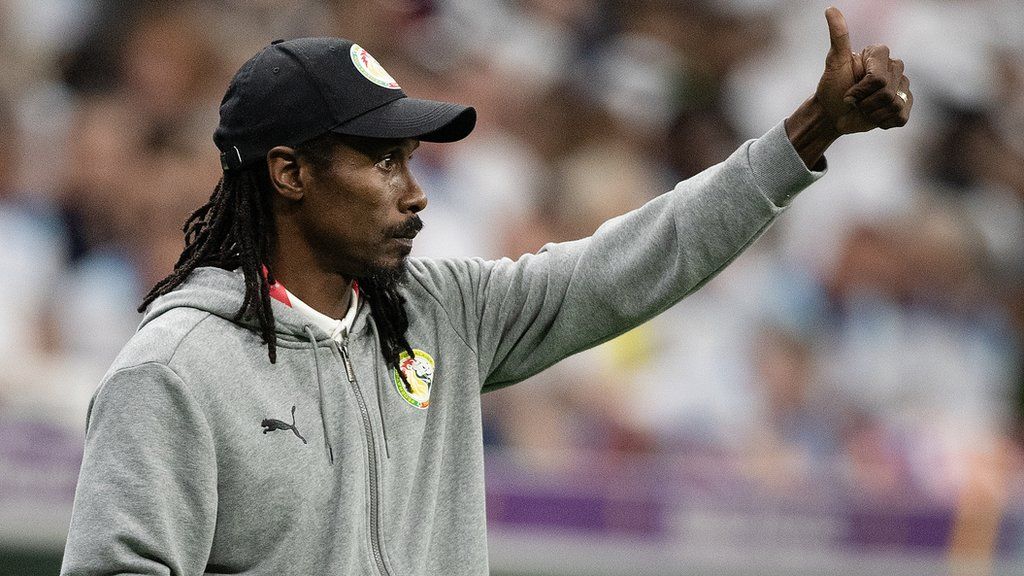




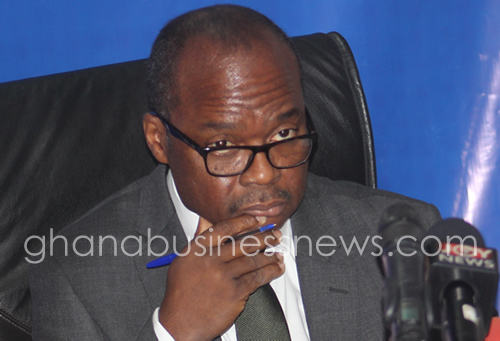






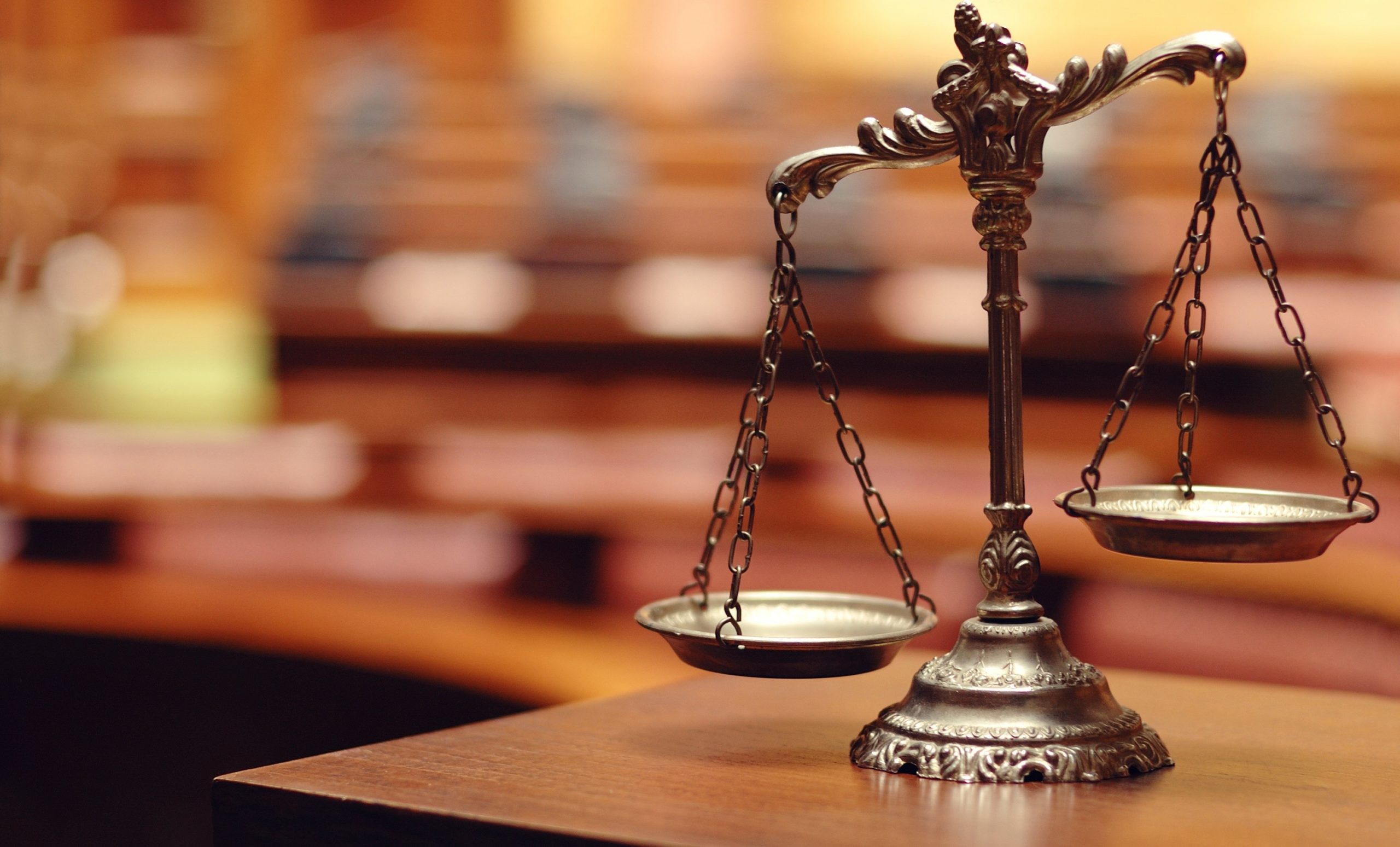
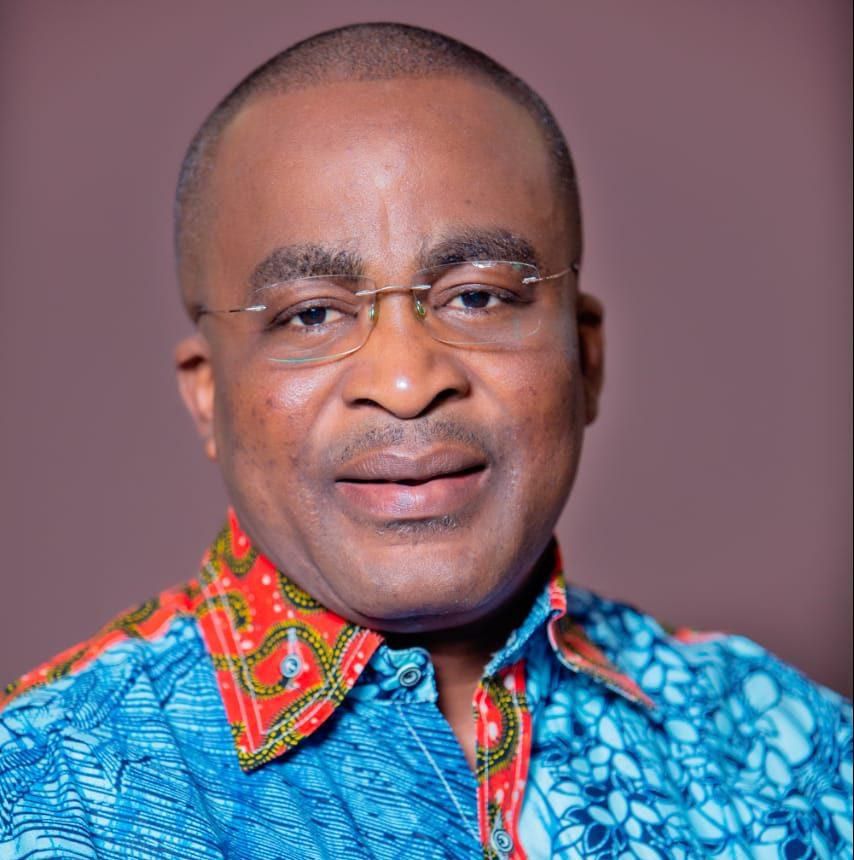



Facebook
Twitter
Pinterest
Instagram
Google+
YouTube
LinkedIn
RSS